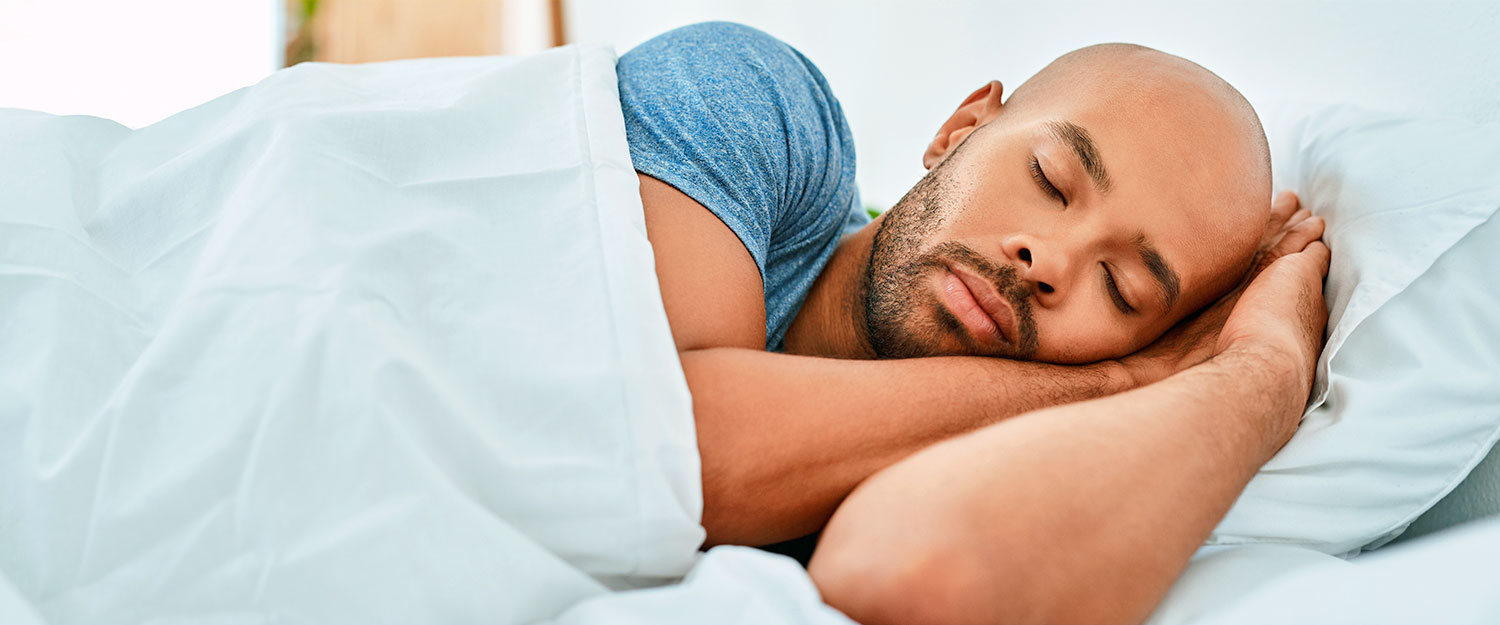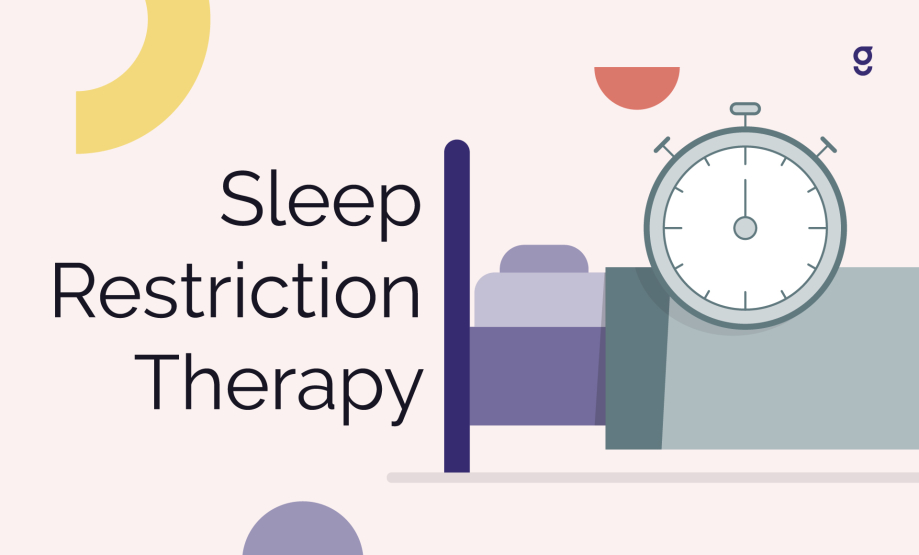Professional Insomnia Counseling - Get Specialist Guidance
Professional Insomnia Counseling - Get Specialist Guidance
Blog Article
Reliable Treatment Solutions for Taking Care Of Rest Disorders and Enhancing Peaceful Sleep
In the world of healthcare, the monitoring of sleep problems and the quest for restful rest are pivotal elements of total well-being. As we navigate the complex landscape of sleep disorders and seek to enhance our rest experience, a deeper understanding of these treatment solutions might hold the key to unlocking a more relaxing and fulfilling restorative journey.
Cognitive Behavior Modification for Sleeping Disorders (CBT-I)
Cognitive Behavior Therapy for Sleep Problems (CBT-I) is a structured, evidence-based therapy technique that concentrates on attending to the hidden elements adding to sleep disturbances. This kind of therapy aims to modify actions and thoughts that intensify sleeping disorders, inevitably advertising healthy sleep patterns. CBT-I typically involves several crucial parts, consisting of cognitive treatment, rest restriction, stimulus control, and sleep hygiene education.
Cognitive therapy assists people identify and transform adverse idea patterns and beliefs about sleep that may be hindering their ability to fall or stay asleep. Rest constraint involves limiting the amount of time invested in bed to match the person's real sleep period, thereby enhancing sleep efficiency (cognitive behavioral therapy for insomnia (CBT-I)). Stimulus control strategies assist establish a solid association between the bed and rest by motivating individuals to go to bed only when drowsy and to prevent engaging in stimulating tasks in bed
Moreover, sleep health education concentrates on developing healthy rest routines, such as keeping a constant sleep timetable, producing a relaxing going to bed routine, and maximizing the rest environment. By dealing with these aspects comprehensively, CBT-I uses an efficient non-pharmacological treatment for handling sleeplessness and enhancing general sleep high quality.
Sleep Health Practices
Having developed the foundation of cognitive restructuring and behavioral adjustments in dealing with insomnia with Cognitive Behavior modification for Sleep Problems (CBT-I), the emphasis currently shifts towards checking out essential Rest Health Practices for preserving optimum sleep high quality and total wellness.
Sleep health practices include a variety of behaviors and ecological factors that can substantially influence one's capacity to go to sleep and stay asleep throughout the evening. Regular rest and wake times, producing a relaxing bedtime regimen, and optimizing the sleep atmosphere by keeping it dark, peaceful, and cool are important parts of great rest hygiene. Limiting exposure to screens prior to bedtime, staying clear of energizers like high levels of caffeine close to bedtime, and engaging in normal physical activity throughout the day can likewise advertise better sleep quality.
Moreover, practicing leisure strategies such as deep breathing workouts or meditation before bed can assist soothe the mind and prepare the body for sleep. By incorporating these rest health techniques into one's daily routine, people can establish a healthy rest pattern that supports peaceful rest and general well-being.
Leisure Techniques and Mindfulness
Executing leisure methods and mindfulness practices can play a critical role in promoting a sense of calm and promoting top quality sleep. cognitive behavioral therapy for insomnia (CBT-I). These strategies aim to peaceful the mind, minimize stress, and create an optimum atmosphere for peaceful sleep. One extensively practiced approach is deep breathing workouts, where people concentrate on sluggish, deep breaths to relax the body and mind. visit here Modern muscle relaxation includes tensing and afterwards releasing each muscular tissue team, promoting physical leisure. Additionally, led imagery can aid transport people to a peaceful area in their minds, aiding in stress and anxiety reduction and boosting sleep high quality.
Mindfulness methods, such as reflection and yoga exercise, are also efficient in promoting relaxation and enhancing rest. Mindfulness urges people to remain existing in the moment, letting go of concerns regarding the past or future. By integrating these practices into a bedtime routine, people can indicate to their bodies that it is time to relax and prepare for sleep. Generally, incorporating leisure strategies and mindfulness techniques can substantially add to taking care of rest problems and boosting total sleep top quality.

Medicine Options for Rest Disorders
After discovering leisure methods and mindfulness methods as non-pharmacological treatments for boosting sleep high quality, it is vital to consider medicine options for individuals with sleep disorders. In situations where lifestyle modifications and treatment do not provide sufficient alleviation, medication can be a useful device in taking care of sleep disruptions.
Generally prescribed drugs for rest conditions include benzodiazepines, non-benzodiazepine hypnotics, antidepressants, and melatonin receptor agonists. Antidepressants, such as trazodone, can be helpful for people with co-occurring depression and rest disruptions - cognitive behavioral therapy for insomnia (CBT-I).
It additional info is critical for people to seek advice from a medical care copyright to figure out the most proper drug alternative based on their specific rest disorder and medical background.
Light Treatment for Circadian Rhythm Guideline
Light therapy, also called phototherapy, is a non-invasive therapy technique utilized to control circadian rhythms and boost sleep-wake cycles. This therapy involves direct exposure to brilliant light that mimics all-natural sunshine, which assists to reset the body's body clock. By subjecting people to particular wavelengths of light, generally in the early morning or evening relying on the preferred impact, light treatment can efficiently readjust the body clock to advertise wakefulness during the day and improve relaxing rest at night.
Study has shown that light therapy can be specifically advantageous for individuals with body clock conditions, such as postponed sleep phase syndrome or jet lag. It can likewise be helpful for those experiencing seasonal affective problem (SAD), a sort of clinical depression that commonly occurs during the cold weather when all-natural light direct exposure is decreased. Light treatment is generally well-tolerated and can be used in combination with other treatment methods for rest disorders to enhance outcomes and improve general sleep top quality.
Final Thought
To conclude, efficient treatment services for handling sleep problems and enhancing relaxing sleep include Cognitive Behavioral Therapy for Insomnia (CBT-I), sleep health techniques, leisure techniques and mindfulness, medication options, and light therapy for body clock law. These techniques can assist individuals improve their sleep high quality and general well-being. It is necessary to seek advice from a health care copyright to determine one of the most appropriate method for attending to sleep issues.
As we browse the detailed landscape of rest problems and look for to enhance our sleep experience, a much deeper understanding of these therapy remedies might hold the trick to unlocking a more refreshing and meeting corrective journey.
Rest constraint entails limiting the quantity of time spent in bed to match the person's real sleep period, consequently raising rest effectiveness. Consistent rest and wake times, creating a relaxing bedtime regimen, and maximizing the rest setting by keeping it dark, quiet, and cool are crucial components of excellent sleep health. Light therapy is generally well-tolerated and can be made use of in conjunction with various other therapy approaches for sleep problems to optimize results and enhance overall rest quality.

Report this page